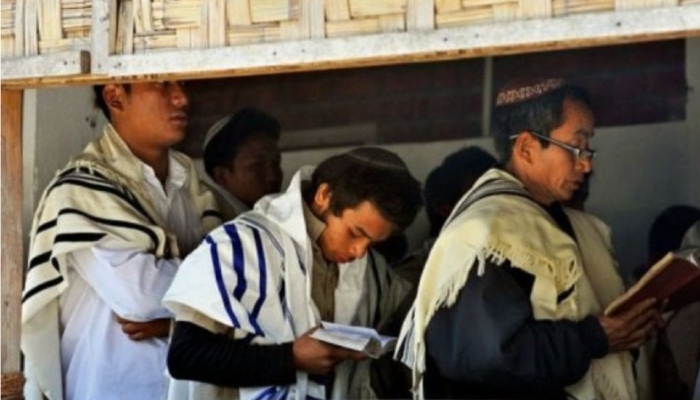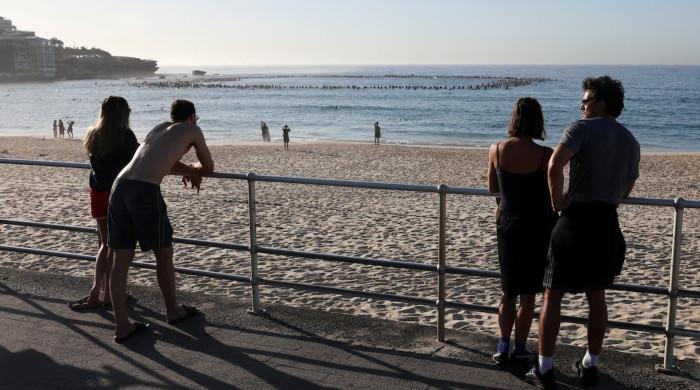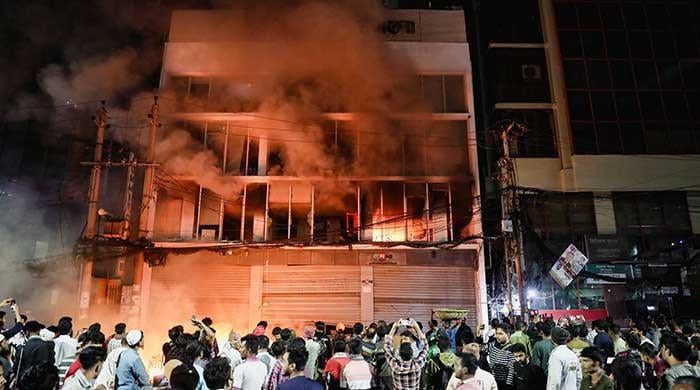Is a ‘lost tribe' of Israel facing deadly anti-Semitic persecution in India?
Lalam Hangshing, who also holds the position of general secretary of the Kuki People's Alliance, claims that the violence stems from ethnic tensions
August 04, 2023

A "lost tribe" from Israel, settled in northeast India, has found itself entangled in a series of deadly ethnic clashes over recent months, resulting in fatalities, the torching of synagogues, and the displacement of hundreds, according to statements from community members.
"The villages have been 'razed to the ground', with two synagogues destroyed and sadly, one death confirmed among the 5,000-strong community in India since the outbreak of fighting in Manipur state in May," reported Lalam Hangshing, president of the Bnei Menashe Council, in a conversation with AFP.
Tracing their lineage to the biblical "lost tribe" of Manasseh, exiled in 720 BC by Assyrian conquerors, the Bnei Menashe community claims a heritage intertwined with ancient Israel. However, their association with the broader ethnic group, which includes the Kuki minority, has placed them in the midst of ongoing armed clashes between the Kukis and the Meitei majority in Manipur, resulting in a death toll of around 120.
Lalam Hangshing, who also holds the position of general secretary of the Kuki People's Alliance, clarified that the violence stems from ethnic tensions, not anti-Semitic sentiments. "Most people don't even know we exist -- we are seen as part of the Kuki community," he emphasised. "You can call it collateral damage."
Isaac Thangjom, project director of the Israel-based Degel Menashe community support organisation, conveyed their efforts to provide assistance to those displaced, numbering between 650 and 700. "Those are people who have been totally displaced, with nowhere to go to -- that is, with their property gone, jobs lost and houses destroyed," explained Thangjom.
Lalam Hangshing disclosed that despite the challenges, many are considering the possibility of relocating to Israel, where they had previously resettled in the late 1990s. "They're hoping that they can go get to Israel, where maybe they can rebuild their lives," he shared. However, numerous individuals have faced the loss of crucial identification documents due to the destruction caused by the violence, complicating their prospects.
"Peace is a far cry and most of those 5,000 people have relatives here in Israel -- so it is natural people would want to be safe," added Thangjom, underscoring the strong desire for refuge among the affected community members.









